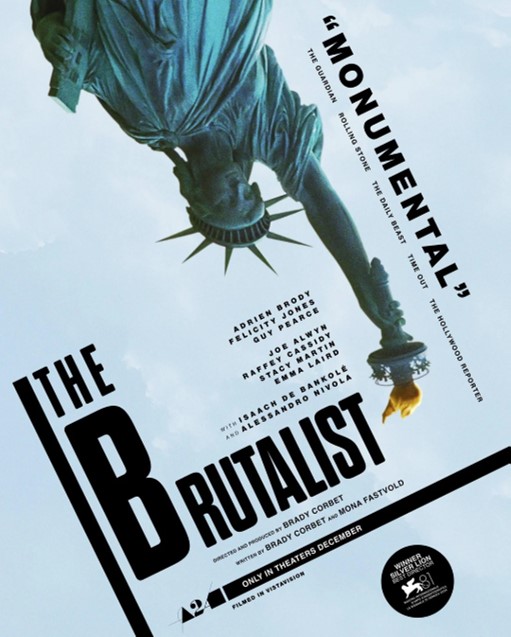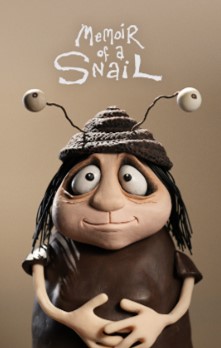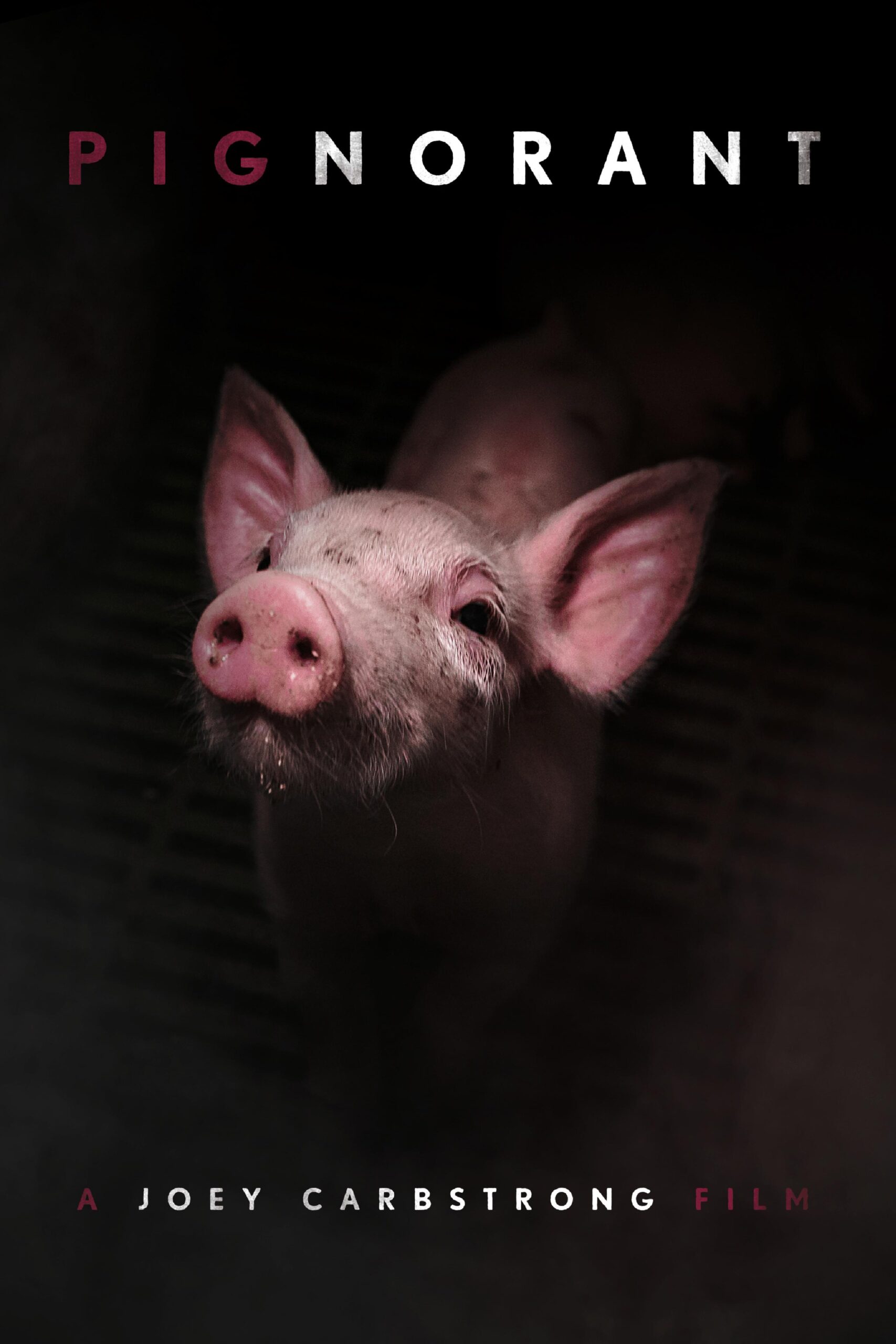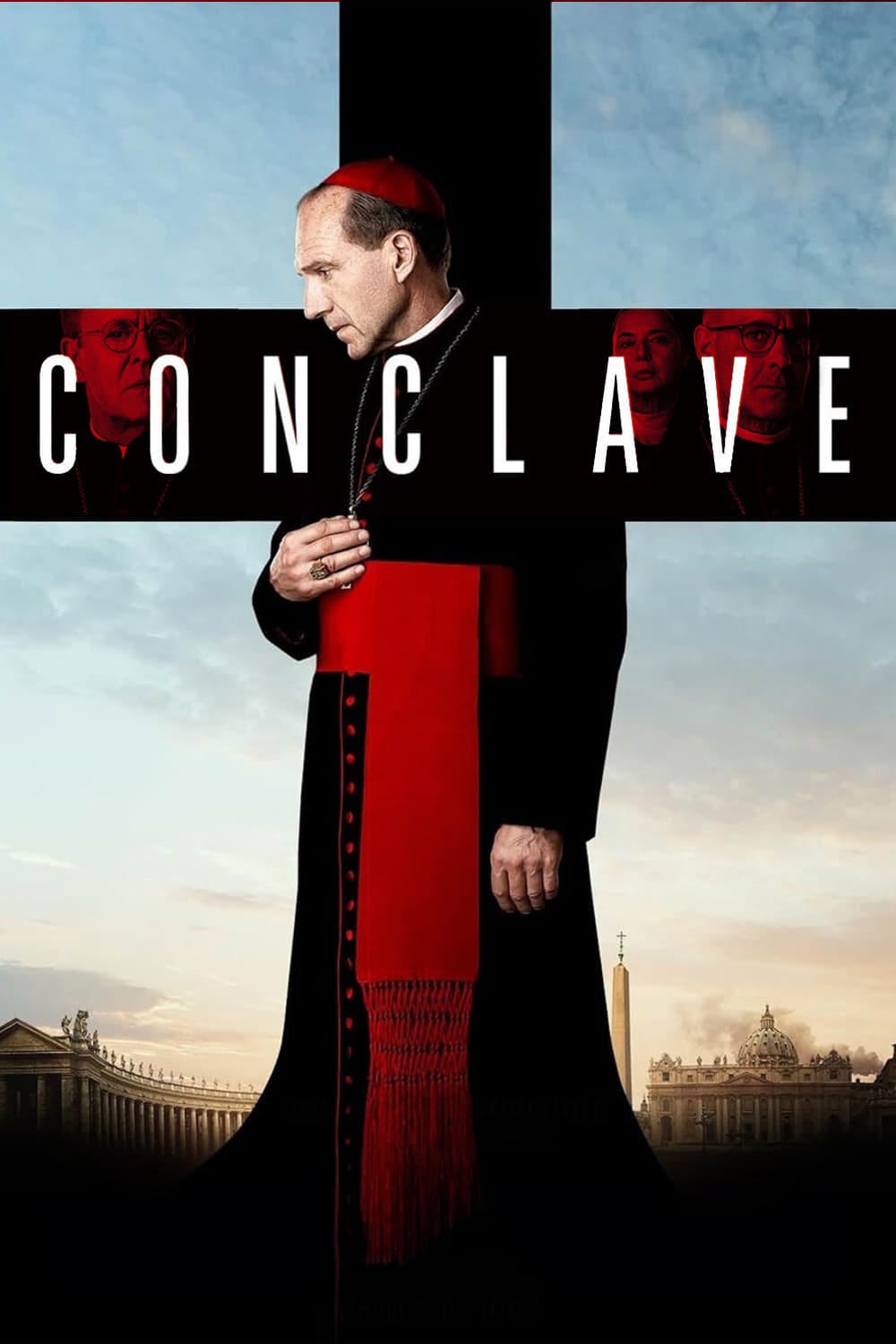What 2024 cinema taught me
An eclectic look at the year in film
Exclusive to MeierMovies, December 28, 2024
I didn’t learn as much from 2024 as Sister Paxton. She is, of course, the abducted missionary in Heretic, the year’s best horror film. Attempting escape, she stumbles upon door after door in Mr. Reed’s chamber of horrors and, like Alice, is compelled to open each. She uncovers what’s beyond every gateway but, more revelatory, discovers, figuratively, another hatch, beyond which lies truths about her faith and, perhaps, the nature of existence.
No, I wasn’t that lucky in 2024. I had the misfortune of going mostly unabducted, physically and spiritually, content to glean a few things from some great, and not so great, movies.
 Chief among them is The Brutalist, which reminded me that epic filmmaking is still alive and well, complete with overtures, intermissions and runtimes of more than three hours. Length doesn’t necessarily equal quality, but it does in the case of writer-director Brady Corbet’s tale of László Tóth (Adrien Brody), the famous Hungarian-Jewish pioneer of the architectural style known as Brutalism. But the movie’s most fascinating aspect is not its immigrant story, its tale of overcoming prejudice or even its lessons in architecture. Instead, it’s the fact that this bio-pic isn’t a bio-pic at all, as one will learn after madly Googling László Tóth and finding no matches. Remarkably, Corbet has styled his fictional film as a true-life one, complete with a hyper-realistic epilogue. It’s the coolest, and most meta-theatrical, cinematic trick of 2024.
Chief among them is The Brutalist, which reminded me that epic filmmaking is still alive and well, complete with overtures, intermissions and runtimes of more than three hours. Length doesn’t necessarily equal quality, but it does in the case of writer-director Brady Corbet’s tale of László Tóth (Adrien Brody), the famous Hungarian-Jewish pioneer of the architectural style known as Brutalism. But the movie’s most fascinating aspect is not its immigrant story, its tale of overcoming prejudice or even its lessons in architecture. Instead, it’s the fact that this bio-pic isn’t a bio-pic at all, as one will learn after madly Googling László Tóth and finding no matches. Remarkably, Corbet has styled his fictional film as a true-life one, complete with a hyper-realistic epilogue. It’s the coolest, and most meta-theatrical, cinematic trick of 2024.
Australian writer-director-producer Adam Elliot played another wonderful trick on us this year. He and his team of animators spent more than five years lovingly creating a new stop-motion classic, Memoir of a Snail, about a woman trapped in a metaphorical shell. (She also happens to love gastropods, literally.) The aforementioned trick is that the Elliott has turned what is usually family-friendly fare into a meditation on birth, death, loneliness, alcoholism, religion and sex – in some instances graphically and tragically. Adult stop-motion is not new, but it’s never been done so well.
 It was the year for weird musicals, from the surprisingly effective Emilia Pérez, to the strangely irresistible Joker: Folie à Deux, to the spectacularly ill-conceived The End. Wicked, of course, was the most mainstream, and best, if you could get past the heavy-handed social messaging and in-your-face CGI. But it was Pablo Larraín’s Maria and James Mangold’s A Complete Unknown, which, despite not being musicals, had the most profound things to say about music, and musical performances.
It was the year for weird musicals, from the surprisingly effective Emilia Pérez, to the strangely irresistible Joker: Folie à Deux, to the spectacularly ill-conceived The End. Wicked, of course, was the most mainstream, and best, if you could get past the heavy-handed social messaging and in-your-face CGI. But it was Pablo Larraín’s Maria and James Mangold’s A Complete Unknown, which, despite not being musicals, had the most profound things to say about music, and musical performances.
It was also the year of sequels. (Isn’t every year?) Dune: Part Two was expected, as was Moana 2 and Inside Out 2. (Disney is now apparently king of sequels despite Walt himself hating them.) Beetlejuice Beetlejuice was a bit more surprising, but the oddest, of course, was the aforementioned Joker follow-up. However, considering it had been 24 years since Ridley Scott made his Oscar-winning Roman epic, perhaps Gladiator II was the most shocking. (For me, the most interesting part of all this is whether the film uses Roman numerals, Arabic numerals or English words.)
The most frustrating film might have been The Substance, which began as John Frankenheimer (Seconds), transitioned to David Cronenberg and devolved into an unnecessary Quentin Tarantino bloodbath. Nevertheless, it made this 52-year-old film critic realize, depressingly but inclusively, that I find 61-year-old Demi Moore as attractive as 29-year-old Margarat Qualley. Check back with me in 30 years and I might also find “Monstro Elisasue” sexually appealing.
Even trippier than The Substance was A Different Man, which spent its first half displaying an actor (Sebastian Stan) in Elephant Man makeup and its second half showcasing an actor (Adam Pearson) who really has neurofibromatosis. Talk about meta-theatricality.
Also refreshingly odd was Tuesday, starring Julia Louis-Dreyfus in arguably her best post-Seinfeld performance. Most of us fear death, but only her character has the courage to eat it. Bon appétit!
 But it was Pignorant that affected my food choices the most in 2024. This shockingly honest documentary about the pork industry reminded me that factory farming is evil. And though I gave up most meat, including pork, years ago, director Joey Carbstrong’s film spurred me further toward full vegetarianism. Watch the movie not for yourself but for the animals without a voice. It’s the most necessary film of the year.
But it was Pignorant that affected my food choices the most in 2024. This shockingly honest documentary about the pork industry reminded me that factory farming is evil. And though I gave up most meat, including pork, years ago, director Joey Carbstrong’s film spurred me further toward full vegetarianism. Watch the movie not for yourself but for the animals without a voice. It’s the most necessary film of the year.
Tuesday and Pignorant were not the only films to address death. The Red Suitcase, a Nepali-language mystery-drama, involves a truck driver on a two-day trip from Katmandu, Nepal, to deliver a suitcase to a remote village. But mirroring his journey is a solitary figure with a seemingly identical suitcase. Rod Serling would be proud.
Suitcase was tops for me among films in languages other than English, but The Seed of the Sacred Fig, director Mohammad Rasoulof’s powerful drama about the political and social pressures a family experiences during the 2022 Iranian protests, taught me more about that country than perhaps any film I’ve ever seen.
I also learned a lot about Christopher Reeve (Super/Man: The Christopher Reeve Story), John Williams (Music by John Williams) and Jim Henson (Jim Henson: Idea Man). But, among documentaries, it was The Remarkable Life of Ibelin, about a young man who escapes his muscular-dystrophy prison by embracing the World of Warcraft online game, that taught me the most about human existence. And let’s not forget director Greg Kwedar’s Sing Sing, which continued the exciting trend of combining narrative fiction with documentary (as did the aforementioned Fig). Both Sing Sing and Kelly O’Sullivan and Alex Thompson’s unexpectedly tender Ghostlight proved again the power of theatre.
 Conclave and Anora both landed in my top five. The former, directed by Edward Berger and starring Ralph Fiennes, reminded me, despite my atheism, that the heart of Christianity is pure, while the latter taught me that a sex action-comedy can reach much greater heights in the hands of a talented writer-director (Sean Baker) and a red-hot rising star (Mikey Madison).
Conclave and Anora both landed in my top five. The former, directed by Edward Berger and starring Ralph Fiennes, reminded me, despite my atheism, that the heart of Christianity is pure, while the latter taught me that a sex action-comedy can reach much greater heights in the hands of a talented writer-director (Sean Baker) and a red-hot rising star (Mikey Madison).
But it was writer-director Bertrand Bonello’s The Beast, or La Bête, technically a 2023 film, that most impressed the Florida Film Critics Circle, of which I am a member. In my original review, I compared this French brainteaser to Somewhere in Time: One can almost hear Elise McKenna asking Richard Collier, “Is it you?” Yes, it is he, and in both Somewhere in Time and La Bête, as William Fawcett Robinson predicted, he came to destroy her, again and again.
Returning to Sister Paxton – in Scott Beck and Bryan Woods’ film, starring Hugh Grant and Chloe East – she is led to believe that her belief system is false, not just because Mormonism is bunk but because she is living in a simulation, as are we all. If that’s true, the best part might just be the cinema. Therefore, I award director of the year to our alien overlords.
© 2024 MeierMovies, LLC
To discover where all the films rank on my 2024 list, go to my lists page and select the “by year” list.